Even though Black History Month is coming to a close, your celebration of Black queer excellence doesn’t have to. In fact, because folks like me are Black, queer and excellent 365 days a year—and 366 this leap year!—our community’s contributions to the world should be uplifted all year long. Perhaps one of the easiest ways to do so is to brush up on the images of Black LGBTQ2 folks that have hit the big screen since the beginning of time.
When I think about the major inroads we’ve made in terms of onscreen visibility, I must pay homage to the films and filmmakers that came before and paved the way. That said, the history books don’t often mention the queer and trans identities of many of our foreparents, especially if they’re Black. Options are limited. Still, I’ve compiled a list of pictures that I feel should be considered the beginnings of a Black queer film canon. A mix of documentaries, theatrical features and TV movies, watching these 11 films will put you on the path toward true enlightenment about the history of Black LGBTQ2 visibility on screen. Because if we don’t know from where we’ve come, how in the hell do we plan on knowing where we’re going?
Tongues Untied
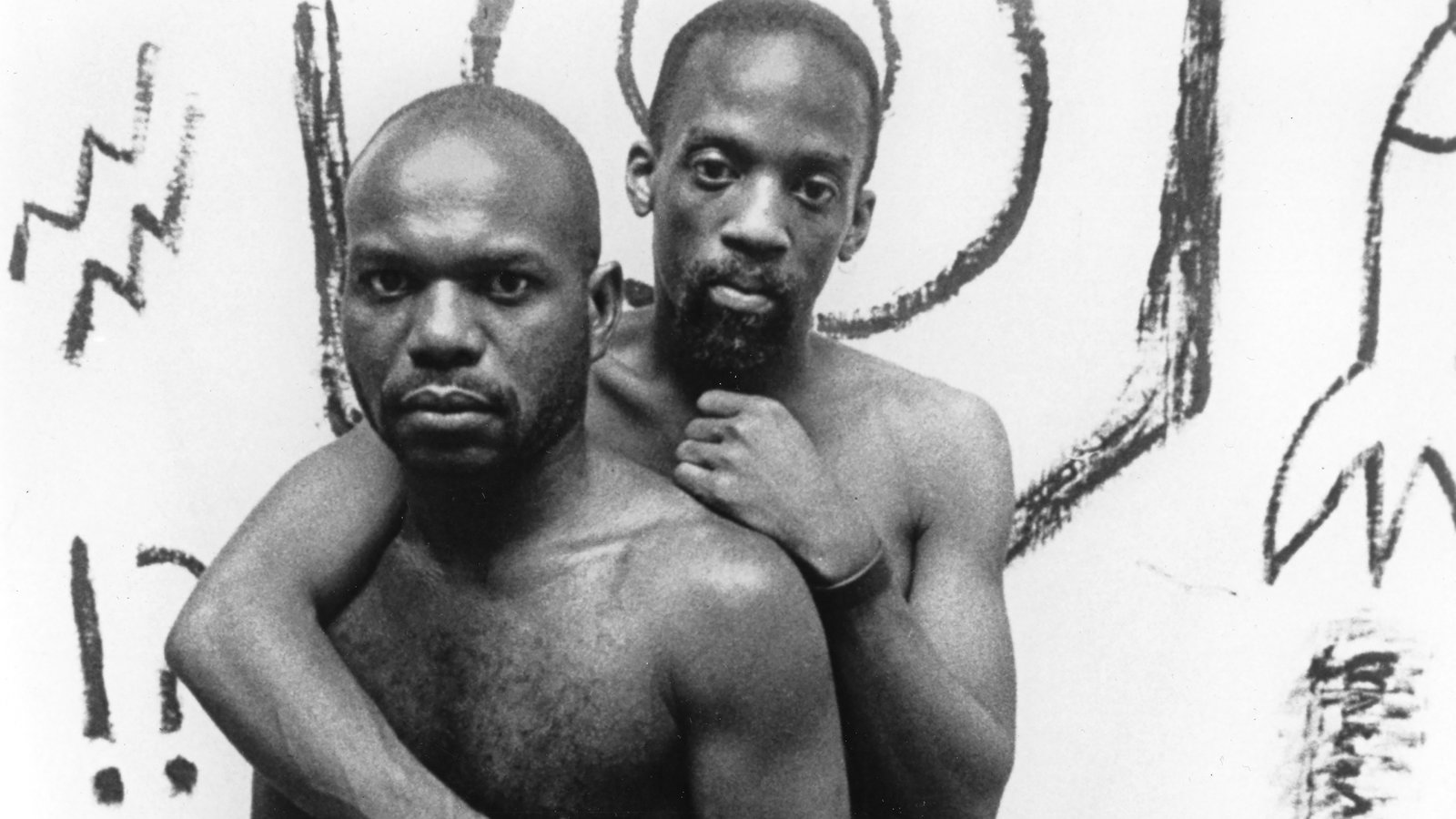
Marlon Riggs and Essex Hemphill in “Tongues Untied.” Credit: Courtesy Frameline
While any, and perhaps all, of Marlon Riggs’ documentaries could be on this list—Ethnic Notions, Black is… Black Ain’t and Color Adjustment, among others—Tongues Untied takes the cake for its experimental nature. It combines documentary footage, personal stories and poetry to create a narrative about the unique experiences of Black gay men. At the time of its 1989 release, the film was considered controversial for its frank depiction of sexuality. Nonetheless, it pulled back the curtain on the lives of Black gay men who, for example, found themselves both hypersexualized by white people and considered weak by straight people.
Gun Hill Road
A man named Enrique, recently released from prison, returns home to find his wife had an affair while he was away and his child is transitioning into womanhood. This 2011 drama from Rashaad Ernesto Green is notable for two reasons: Not only did Green cast a trans woman, Harmony Santana, to play his trans character in a pre-“Transgender Tipping Point” world, but she went on to became the first trans actress to be nominated for a major industry award. Santana, among others, paved the way for the immense, mainstream success the likes of Laverne Cox, Mj Rodriguez and Angelica Ross are enjoying today.
Paris Is Burning
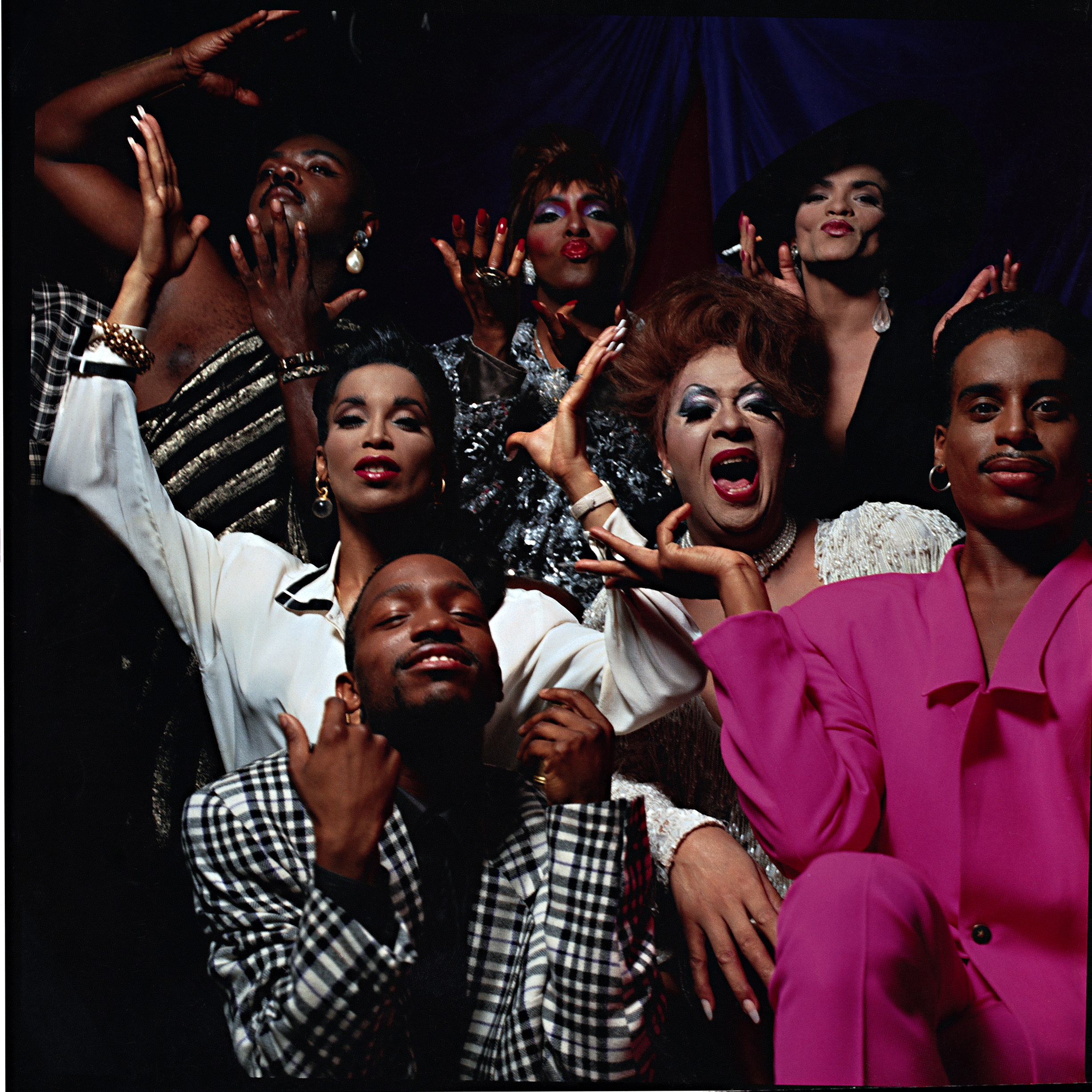
The cast of “Paris is Burning.” Credit: Courtesy Criterion Collection
No list of foundational Black queer films is complete without Paris Is Burning, mainly because the 1990 doc from Jennie Livingston gifted the world an inside look into New York’s then-underground ball scene (now fictionalized in FX’s Pose). Chronicling the mid-to-late 1980s ball culture led by Black and brown gay and trans folks, the doc includes interviews with trans women such as Venus Xtravaganza (who was murdered before the film’s completion) and Octavia St. Laurent. Most notably, the film introduced Black queer slang into the popular lexicon, words like “reading” and “shade” that RuPaul’s Drag Race has further mainstreamed. Having been restored by the UCLA Film and Television Archive—the Sundance Institute and Outfest’s UCLA Legacy Project—it is now available on DVD and Blu-ray from the Criterion Collection, in celebration of its 30th anniversary.
Still Black: A Portrait of Black Transmen
While much of our contemporary conversations around trans visibility have celebrated the increase of trans characters on television—from Star and Pose, to The L Word: Generation Q and Mrs. Fletcher—far too often, the experiences of Black trans men still go undiscussed. Before Brian Michael Smith became the first Black trans man to land a regular role on a television series (in Ryan Murphy’s 9-1-1: Lone Star) earlier this year, giving him the opportunity to speak about his personal life in the press, Kortney Ryan Ziegler chronicled the lives of six Black trans men in Still Black. The 2008 doc examines traditional notions of Black masculinity, sexuality and identity in a way that is still groundbreaking today.
The Watermelon Woman
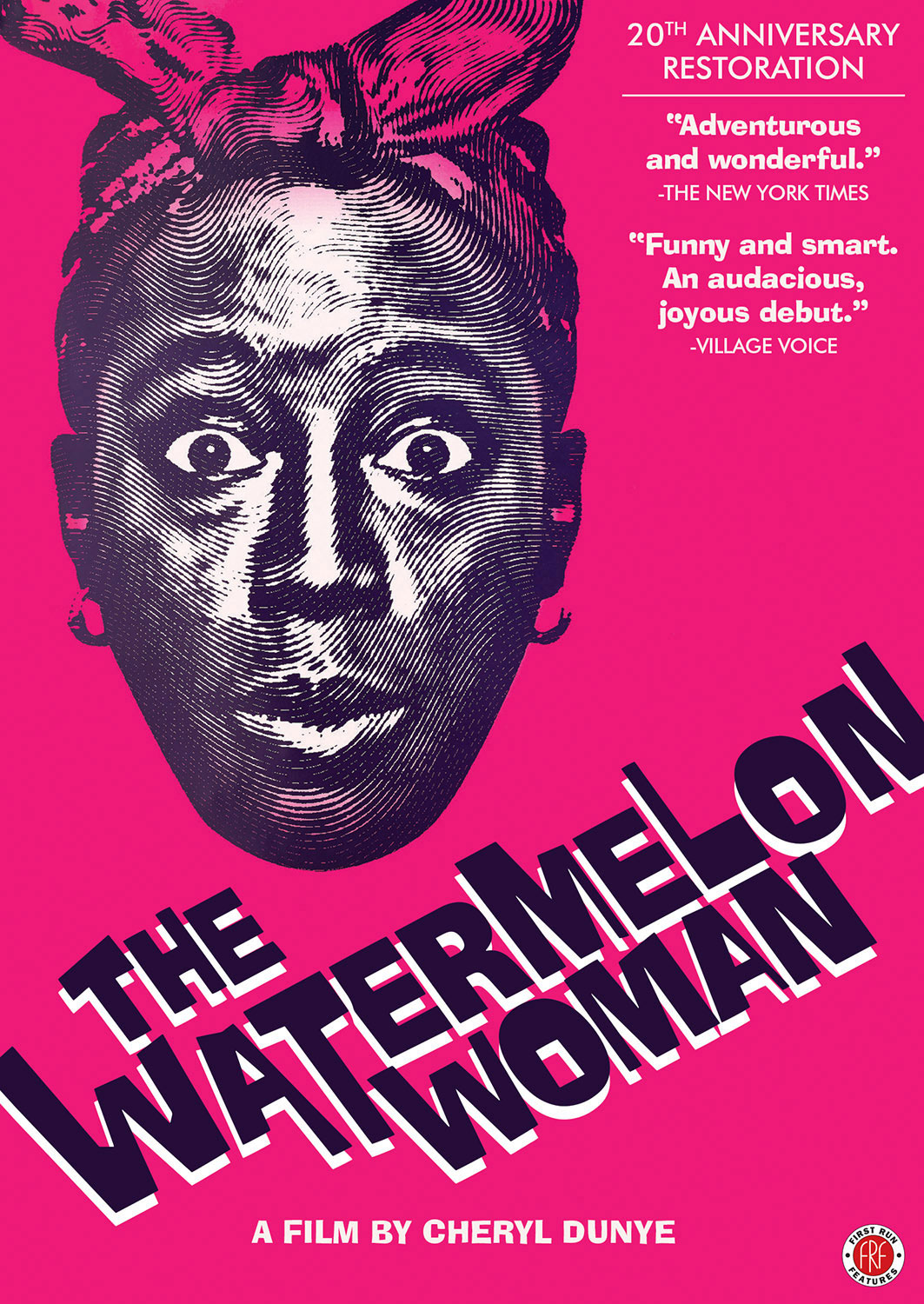
Inspired by the countless, often nameless, Black actresses from early films whose stories are unknown, Cheryl Dunye’s The Watermelon Woman aims to correct history and unearth these legacies. Originally released in 1996, it stars Dunye as a version of herself: A young Black lesbian woman who works at a video store by day while trying to make a film about Black actresses from the 1930s who only seemed able to play mammy roles. Having given birth to what Dunye now calls her “Dunyementary” style—a hybrid of narrative, documentary, comedy and autobiography, with talking heads, on-the-street interviews and Dunye herself as a character or narrator—the film simultaneously challenged the genres of Black cinema and the budding queer cinema of the era to become the first feature directed by a Black lesbian woman.
Pariah
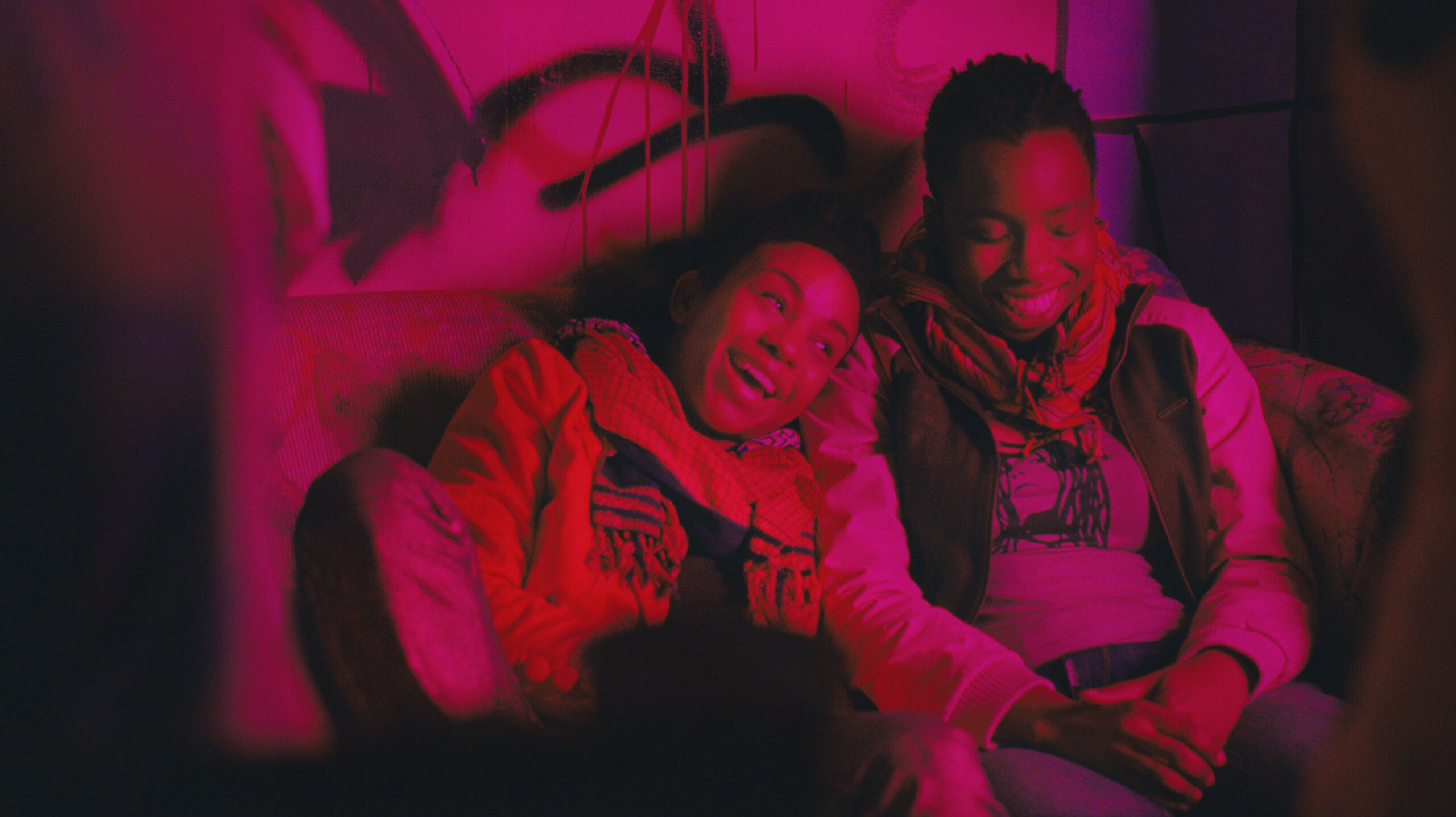
Adepero Oduye and Aasha Davis in ‘Pariah.’ Credit: Focus Features/Entertainment One Canada
Dee Rees’ feature debut, Pariah, picks up the Black lesbian film torch lit by Dunye’s The Watermelon Woman and runs with it. About a shy teen named Alike, played by Adepero Oduye, struggling to come into her sexuality as well as her voice as a poet, the 2011 drama was one of the best reviewed films of that year. It reflected a struggle that wasn’t new, but that hadn’t often been told through the lens of a Black queer woman.
Tangerine
Shot on iPhone 5Ss, this 2015 dramedy follows a trans sex worker named Sin-Dee Rella who discovers her boyfriend and pimp has been cheating on her. Played by Kitana Kiki Rodriguez, Sin-Dee has just finished a short stint in jail; it’s Christmas Eve in Los Angeles and she’s on a rampage. Written and directed by Sean Baker, Tangerine, at the time of release, was regarded for its innovative filmmaking as well as its acting performances from Rodriguez and Mya Taylor, who plays Sin-Dee’s best friend Alexandra. The film marked the first Oscar campaigns for trans actresses, which led to Taylor becoming the first trans woman to win both a Gotham Award and an Independent Spirit Award.
The Color Purple
Steven Spielberg’s now-legendary adaptation of Alice Walker’s Pulitzer Prize-winning 1982 novel of the same name was controversial when it originally premiered in 1985. Some felt its frank depiction of Black women facing poverty, domestic violence, incest, racism and sexism was stereotypical. Still, its portrayal of intimacy between Black women characters goes down in the history books as, for some, the first time they saw themselves on film. I’m still trying to figure out how it was nominated for 11 Oscars and won none, but that’s an argument for another time.
Moonlight
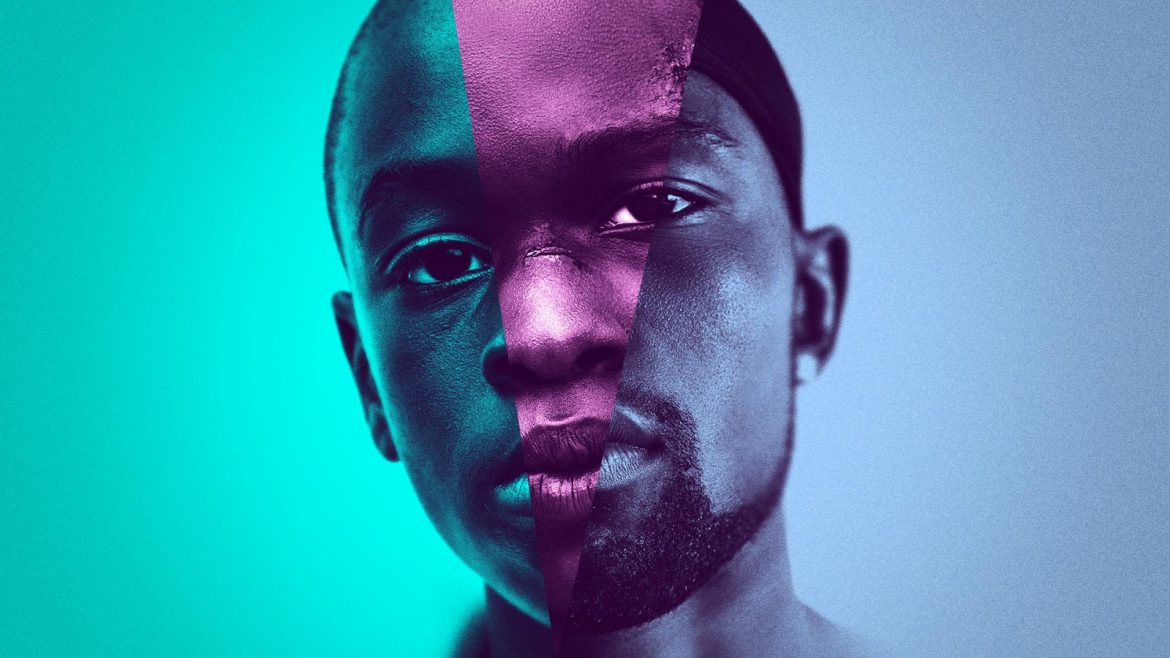
‘Moonlight’ Credit: Courtesy A24
Written and directed by Barry Jenkins and based on Tarell Alvin McCraney’s unproduced play In Moonlight Black Boys Look Bluey, Moonlight became a ceiling-shattering film upon its release. The indie drama follows Chiron—played at three different ages by Alex Hibbert, Ashton Sanders and Trevante Rhodes—the son of a drug-addicted mother who grapples with the pitfalls of toxic masculinity as he comes into his sexuality. The film went on to beat out La La Land for the top Oscar in 2017, proving once and for all that Black queer stories can be as universal and relatable (read: liked by white people) as films not about the Black queer experience.
Holiday Heart
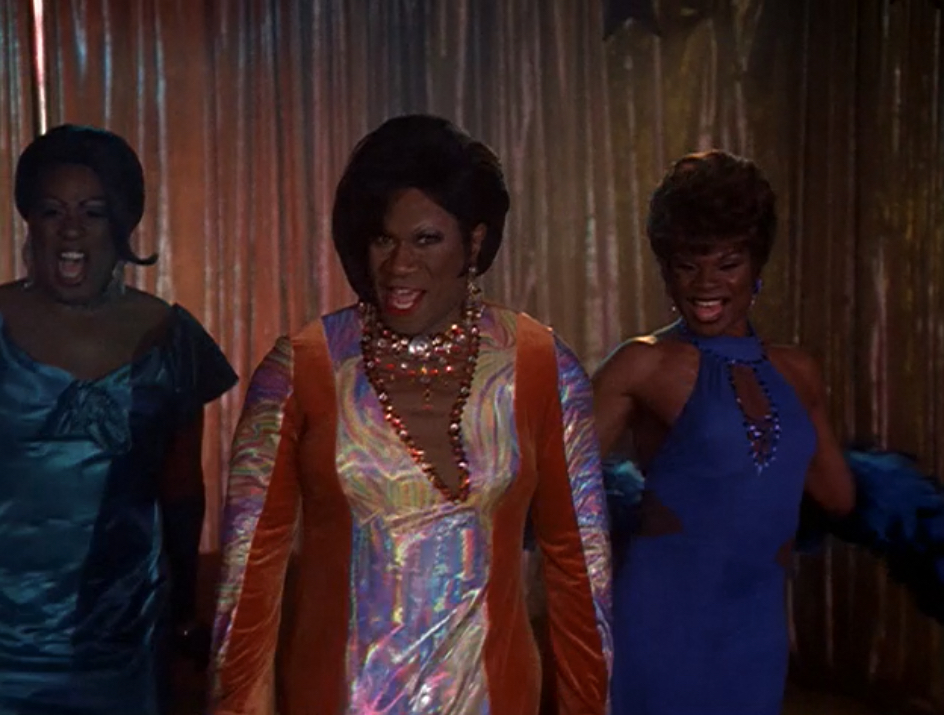
Ving Rhames as Holiday in ‘Holiday Heart.’ Credit: Courtesy iTunes
While most television movies leave a lot to be desired, Robert Townsend’s Holiday Heart isn’t one of them. The 2000 film based on a play by Cheryl L. West stars Ving Rhames as a gay drag queen named Holiday who befriends a drug-addicted mother (played by the legendary Alfre Woodard) and her daughter. Trying to protect them, he welcomes them into his home. Unfortunately, we’re still not at a place in terms of Black gay visibility where characters are given the complexity and nuance they deserve. But Townsend provided us this positive example of what being Black and gay can look like at the turn of the century. This film also may or may not have been a catalyst in my personal gender presentation journey, because Holiday’s fashions were everything!
Punks
No list about Black queer film is complete without at least one mention of the iconic Patrik-Ian Polk, who has quite literally carried the responsibility of accurately portraying Black gay life on screens large and small. He wrote and directed Punks, a 2000 film about four queer friends in Los Angeles. Produced by Babyface, it starred Rockmond Dunbar, Seth Gilliam, Renoly Santiago, Jazzmun and Dwight Ewell and became the jumping off point for the legendary series Noah’s Arc. Still one-of-a-kind all these years later, Punks is the prototype for contemporary Black gay storytelling.
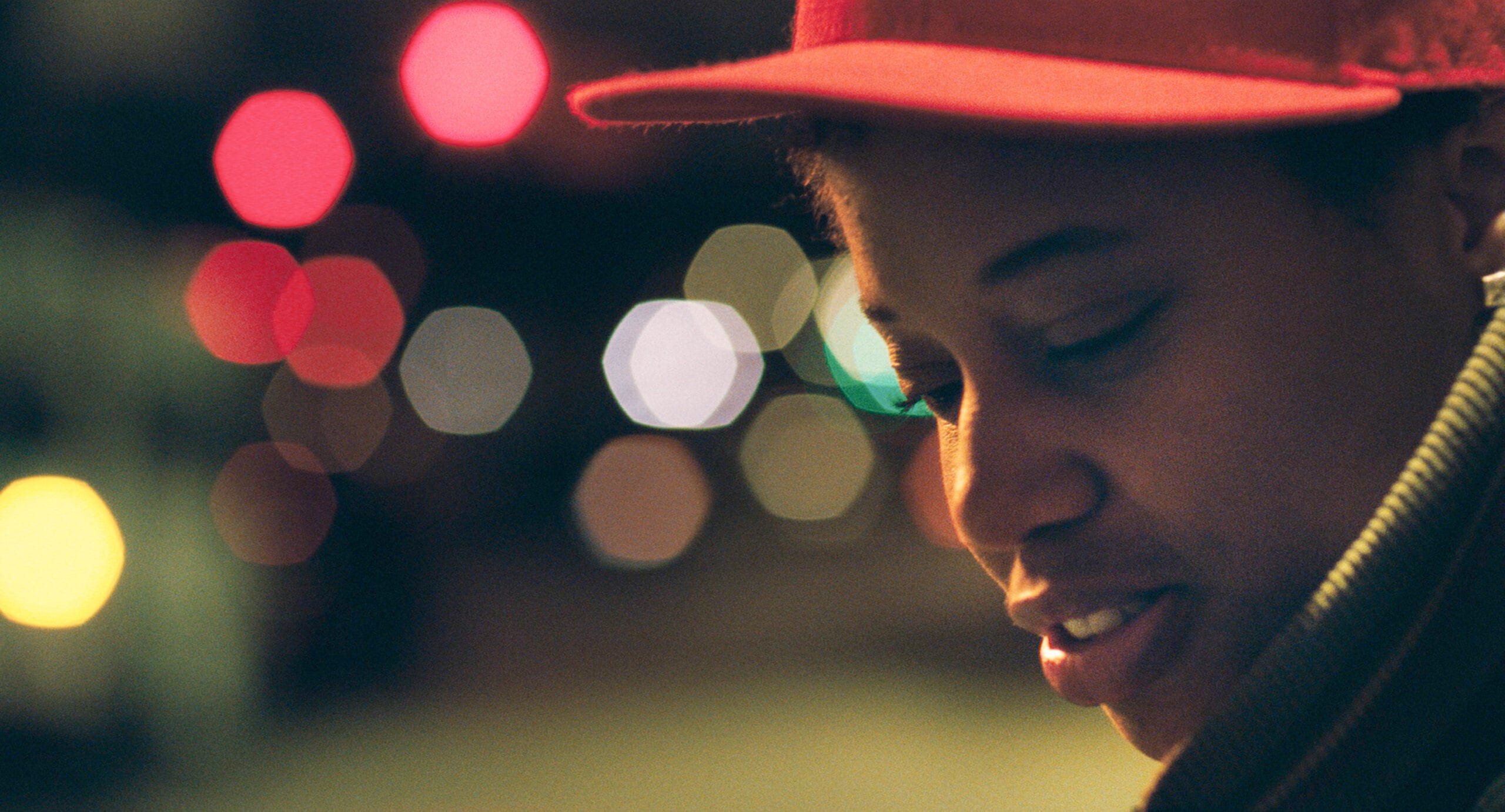

 Why you can trust Xtra
Why you can trust Xtra


